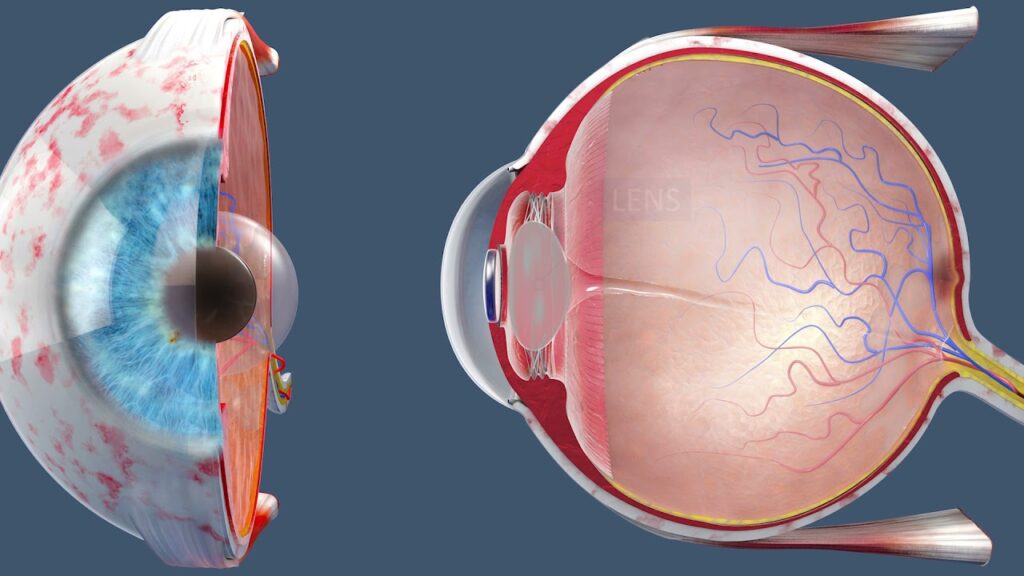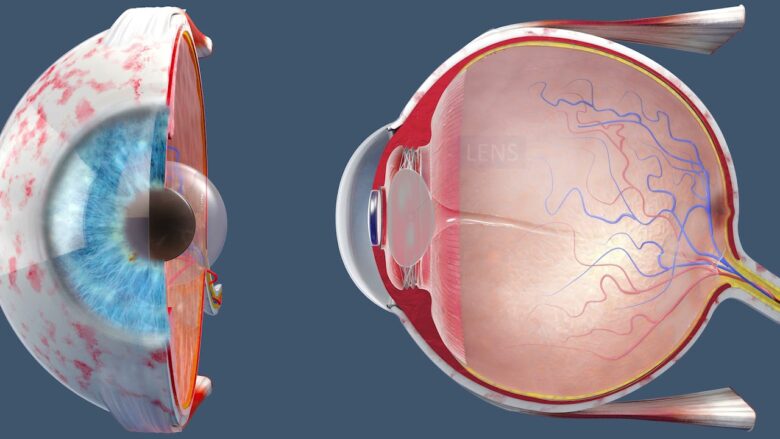If you’re going in for cataract surgery soon, there’s nothing to worry about. This is one of the most frequently performed surgical procedures today. It’s very effective at restoring a person’s vision and removing problems caused by cataracts.
That said, feeling nervous right before cataracts surgery is normal. But if you’re informed and have realistic expectations around the procedure, it’ll be much easier to go into it calmly.
So, what should you expect when you’re going in for cataract surgery?
That’s exactly what we’re getting into in this article. Below, we explain what happens during cataract surgery and all you need to know when prepping for the procedure.
Read on to learn more!
What Happens During Cataract Surgery?

Before anything else, let’s take a look at what happens when you go in for cataract surgery.
Let’s start by learning what cataracts are. Congenital cataracts form when proteins in your eye break down. This clouds up your natural lens, causing significant vision problems.
Cataracts occur naturally in many people, and nowadays, cataract surgery is the go-to treatment option. Doctors down the proteins in the cloudy lens during cataract surgery using lasers, an ultrasound probe, or even completely removing the natural lens of the eye. learn more about eye surgery by clicking here.
All of these procedures require a small incision on your eye. But don’t worry – during the cataract surgery, you’ll be under a local anaesthetic, so you won’t feel a thing.
After removing the cloudy lens, the cataract surgeon implants a clear artificial lens in the eye. This is what provides patients with clear vision after the surgery.
When a cataract forms, surgery is the only way to remove it. Generally, the procedure takes no more than an hour. After the surgery, you may have impaired vision while your eyes adjust to the replacement lens, so you will need assistance leaving the clinic and going home.
Your eyes start healing between 1-3 days after the procedure. After that, you will start to notice clearer vision which will only improve as your eye recovers. That said, expect to wait about a month before you experience the full results of the surgery. You can also read more about Full List of Laser Eye Surgery Options [From Best to Worst] by visiting https://healthonlinezine.info/full-list-of-laser-eye-surgery-options-from-best-to-worst/
There’s a fairly low risk of serious complications with cataract surgery. However, always speak to your doctor before cataract surgery to calculate the potential risk factors of the procedure.
Preparing for Cataract Surgery: A Comprehensive Guide
Preparing for cataract surgery can be daunting. After all, it isn’t every day that someone performs surgery on your eyes.
If you want the smoothest experience, you must prepare for your cataract surgery. Below are a few steps and processes you have to take when prepping for cataract surgery.
Monitor Your Eye Health Leading Up to the Procedure

Before your cataract surgery, it’s important to pay very close attention to your eye health, particularly on the affected eye. While this doesn’t mean conducting an eye checkup every day, it means checking for any infections and other conditions.
Ideally, you want to make sure your eyes are in relatively good health before the surgery. While cataract surgery is great at correcting cloudy vision, it’s important to take all precautions to prevent infection. Even with the tiny incision that doctors make, there’s a chance of infection.
And if there’s an underlying condition in the eye that doctors will operate on, there’s a higher chance of complications down the line. If you notice any conditions with your eyes in the weeks leading up to your surgery, contact your doctor right away.
Discuss Possible Complications With Your Doctor
Cataracts surgery is a simple outpatient procedure. Whether you’re getting phacoemulsification cataract surgery or femtosecond laser cataract surgery, you can expect to be in and out of the clinic within a few hours.
However, this doesn’t mean there’s zero chance of complications. When you get cataract surgery, the surgeon implants a new intraocular lens into your eye. To place the artificial lens, doctors have to make an incision, and for your body to accept the implant and for a smooth operation, the surgeon needs to consider all risk factors.
One of the primary conversations you should have with your doctor before cataract surgery is about all the medication you’re currently taking. The medication you take could have a negative reaction with the anesthetics and other medicines your doctor will give you during the healing process.
So, tell your doctor about the medications you take so they can consider them when planning your cataract surgery.
Don’t Wear Contact Lenses
Another quick tip to remember is to refrain from wearing contact lenses three days before the surgery. This is because contact lenses may irritate your eyes or cause an infection. And if there’s any condition with your eyes, the doctor may have to delay the procedure.
Follow Your Doctor’s Instructions
Your doctor will give you specific instructions to follow before the surgery. It’s important that you follow all of them. To start, they will recommend you use certain eye drops in the days leading up to the procedure to prepare your eyes.
Additionally, they might prescribe antibiotics to prevent infection while the eye heals. Your surgeon may also require you to fast before the procedure, and it’s important to follow their rules strictly.
What to Expect on the Day of Cataract Surgery
On the day of your surgery, we recommend wearing comfortable clothes. You want to be relaxed when entering the operation, so dress comfy. During the surgery, the doctor may apply eye drops before injecting an aesthetic.
From there, they will remove the natural lens of your eye and replace it with a clear lens. This clear lens will correct your blurred vision and eliminate cataracts.
After the surgery, you may have poor and blurry vision for a few hours. So, make sure you have a companion who can drive you home safely after the procedure.
Conclusion
If you have cataracts, your eye doctor may recommend cataract surgery to give you normal vision again. This is a simple procedure that involves implanting a new artificial lens into your eye while retaining your original protective shield.
It’s a really simple procedure. And if you follow our steps to preparing for the surgery, rest assured that you’ll be back to your everyday activities in no time!
Related: Sydney eye clinic: Top eye clinics you need to know



